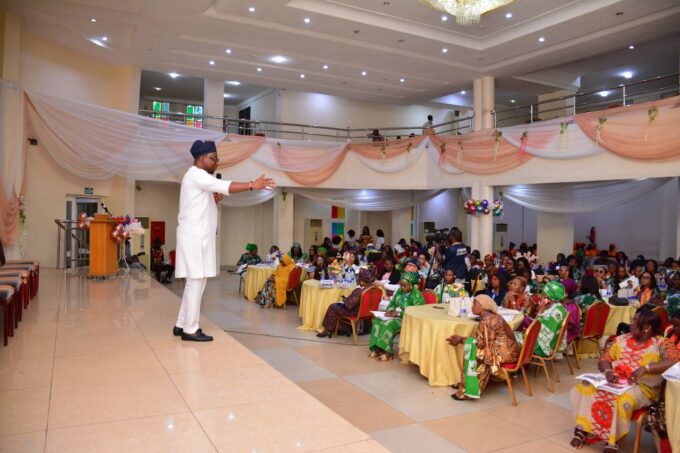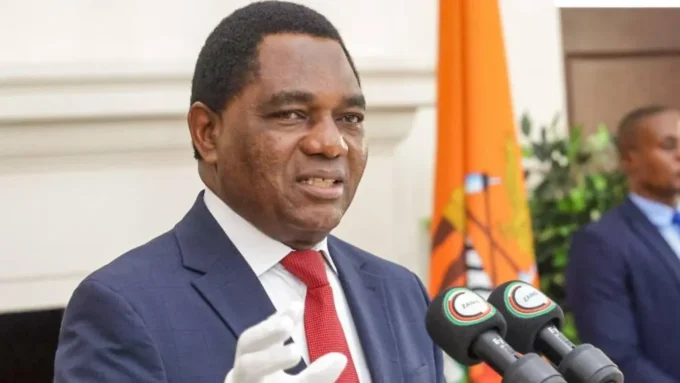Nigeria is on the verge of significant tax reform aimed at creating a more equitable system, with high-income earners facing a proposed 25% personal income tax. The new tax bill, expected to come into effect in January 2025, targets wealthy Nigerians earning ₦100 million (approximately $61,000) or more per month. This reform, part of broader fiscal policy changes, was outlined by Taiwo Oyedele, Chairman of the Presidential Fiscal Policy and Tax Reforms Committee, during the 30th Nigeria Economic Summit.
The proposed reforms mark a crucial step in the Nigerian government’s efforts to build a fairer tax system, addressing long-standing disparities. Currently, low- and middle-income earners make up 90% of Nigeria’s taxpayers, with a significant portion of the tax burden falling on these groups. This, according to Oyedele, has hindered economic development and increased the financial strain on vulnerable citizens.
Oyedele emphasized the need for wealthier Nigerians to contribute more to government revenue. “Our tax system has been regressive, with lower-income earners shouldering the burden while the wealthiest pay little in comparison. This reform seeks to address that imbalance,” he said. The initiative aligns with the government’s broader aim to improve tax compliance and ensure that the country’s wealthiest citizens pay their fair share, thereby reducing Nigeria’s reliance on foreign borrowing and boosting domestic revenue.
In addition to increasing taxes for high earners, the reform proposes significant changes to benefit middle- and lower-income Nigerians. Middle-income earners would enjoy lower tax rates, while low-income earners—those earning below ₦30,000 per month—could be exempt from paying personal income tax altogether. This progressive approach is expected to provide much-needed relief to the majority of Nigerian taxpayers, who often struggle with rising living costs and stagnant wages.
The reforms also extend beyond personal income tax. Corporate tax rates are set to be reduced from 30% to 25%, a move aimed at stimulating business growth and encouraging investment. Furthermore, the reform package includes value-added tax (VAT) relief on essential goods and services, such as food, healthcare, and education. By lowering VAT on these critical sectors, the government hopes to alleviate some of the financial pressure on households, particularly those already struggling to make ends meet.
“This is not just about generating revenue,” Oyedele explained. “It’s about creating a tax system that fosters economic growth, protects the vulnerable, and ensures the wealthy contribute fairly. These changes are designed to lessen the financial burden on ordinary Nigerians while making sure those who benefit most from the economy give back proportionally.”
The proposed tax changes have sparked considerable debate among policymakers and economists. Supporters argue that the reforms are long overdue, given the widening wealth gap in Nigeria. By asking the wealthiest citizens to contribute more, the government hopes to redistribute resources and improve public services such as healthcare, education, and infrastructure development.














Leave a comment